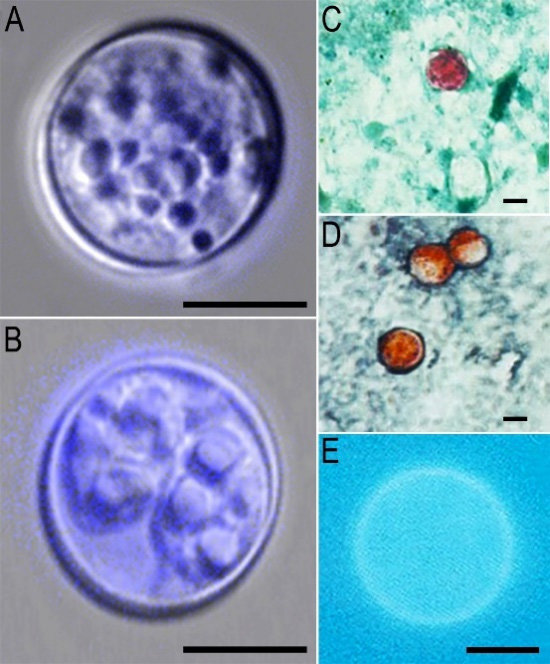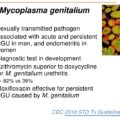
Cyclospora cayetanensis is a parasite that is so small it can only be seen under a microscope. When people eat food or drink water that’s contaminated with Cyclospora, they can get an intestinal illness called cyclosporiasis. Cyclospora is generally transmitted when infected feces contaminate food or water. It’s unlikely to be transmitted directly from person to person because the Cyclospora parasite needs time (days to weeks) after being passed in a bowel movement to become infectious for another person.
Cyclospora needs to be in the environment for about 1 to 2 weeks after being passed in stool to become infectious for another person. Because of this, it is not spread directly from one person to another. Cyclospora is found in many parts of the world but is most common in tropical and subtropical regions. Foodborne outbreaks have been linked to various types of fresh produce, including raspberries, basil, cilantro, snow peas, and mesclun and romaine lettuce. No commercially frozen or canned produce has been connected to Cyclospora infections. Cyclosporiasis occurs in an estimated 15,000 people in the United States each year.
What are the symptoms of cyclosporiasis?
When symptoms of cyclosporiasis occur, they include:
- Watery or explosive diarrhea
- Loss of appetite
- Bloating and gas
- Fatigue (extreme tiredness)
- Low-grade fever
- Nausea and stomach cramps
- Vomiting
- In some cases, people with Cyclospora infection do not have any symptoms.
How is cyclosporiasis diagnosed?
Your doctor will ask you about foods you have eaten in the last 7-10 days to determine if that may be a cause of your symptoms. The doctor may also ask if you have traveled outside the country recently.
Examining the patient’s stool sample under a microscope can help determine if the Cyclospora parasite is causing the symptoms. You may need to provide stool samples on a few different days to confirm this type of food poisoning.
How is cyclosporiasis managed or treated?
Cyclosporiasis may be treated with an antibiotic when necessary. Trimethoprim/sulfamethoxazole, also called TMP/SMX (Bactrim®, Septra®, or Cotrim®) is the most commonly used treatment. The doctor may also recommend an anti-diarrheal medication, rest and fluids.
In many cases, people who have healthy immune systems will get better on their own, and do not need treatment.
What complications are associated with cyclosporiasis?
People with cyclosporiasis who do not get enough fluids can become dehydrated (not enough fluids in the body). This condition can be especially dangerous for elderly people, infants and people who have serious illnesses or compromised immune systems.
Can cyclosporiasis be prevented?
You can reduce your risk of cyclosporiasis by handling food properly. You can do this by:
- Avoiding water or food that could be contaminated by feces.
- Rinsing fresh fruits and vegetables thoroughly before eating.
- Washing your hands with warm water and soap after touching fruits and vegetables.
- Putting peeled, cooked, or cut fruits and vegetables in the refrigerator within 2 hours.
- Storing vegetables and fruit separately from raw meat, seafood and poultry.
- Washing all surfaces, dishes and utensils with hot water, soap and a disinfectant when necessary.
What is the prognosis (outlook) for people who have cyclosporiasis?
People who have cyclosporiasis usually improve within a few days of treatment. People who do not receive treatment can have symptoms that relapse (go away and come back) for up to a month or more. You can be infected with cyclosporiasis several times.
When should I call the doctor about a cyclosporiasis infection?
Contact your doctor if you develop diarrhea that does not go away after a few days. If you have cyclosporiasis and cannot keep enough fluids down to avoid dehydration, tell your doctor.





